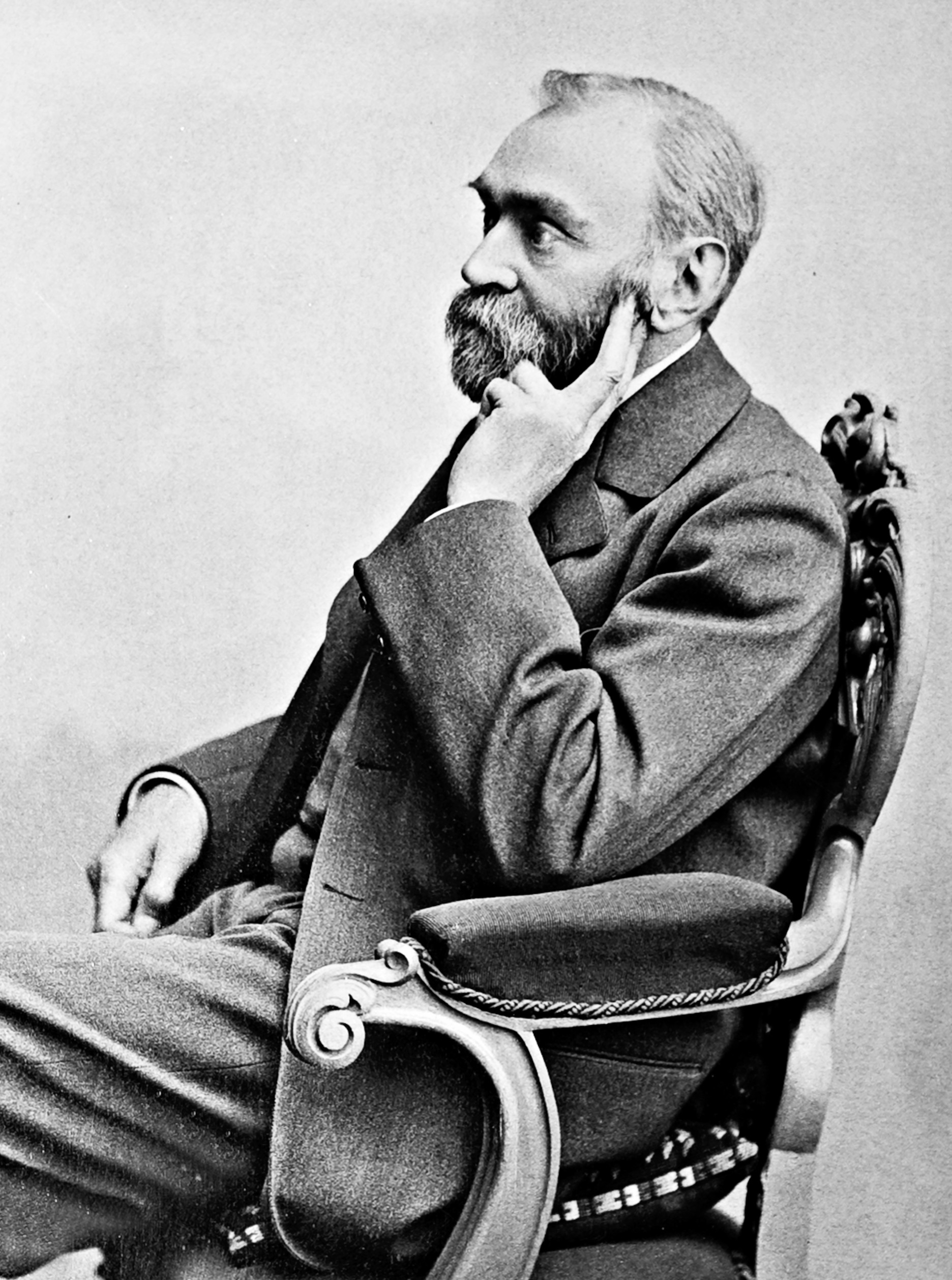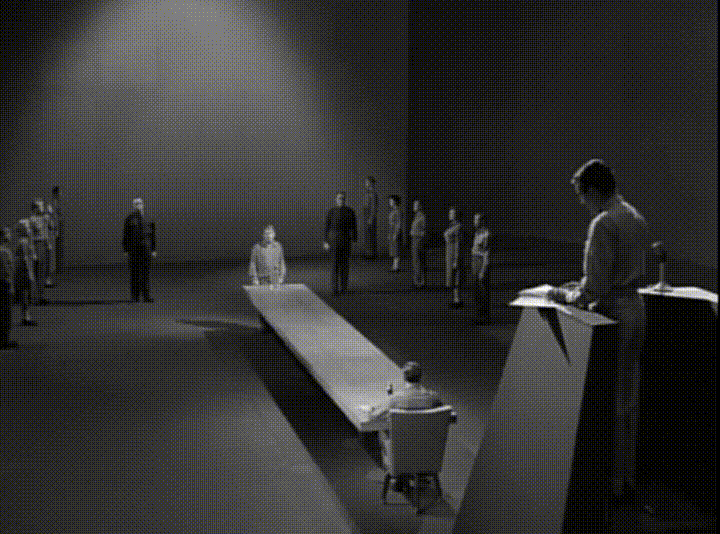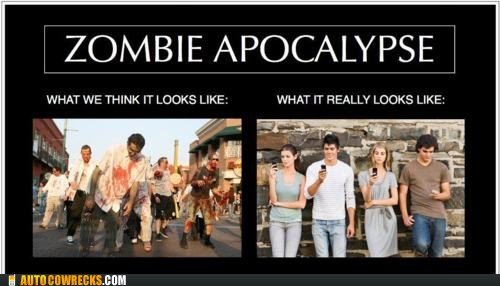Good News, Bad News
We have a great new technology being birthed! Congatulations! It's a bouncing baby blockchain!
It would not have been possible, of course, without digital computers, and their rise, or the internet that connected these computers, and all the software that made it easy to use those computers. What I hear from those who fear this new tech is scoffing and denial. But what I want to focus on in this article is what those who've accepted the technology are saying.
There's a story about Alfred Nobel, and it goes something like this: One day Alfred's local newspaper accidentally reported him dead. It was actually his brother that had died, and that happened in an explosion during the invention process, but what matters is that it caused him to think about what he'd done with his life.
This was the man who invented dynamite. He was the "Oppenhiemer" of his day, and some thought dynamite was an evil, unsafe invention destined for use in war. What Alfred did to salve his conscience was set up what we now call the "Nobel Prize" in order to encourage others to work for a better, more peaceful world.
He did this of course, and Oppenheimer also had a troubled conscience too, because all of the noble ideas behind those technologies didn't pan out like they'd hoped.

By Gösta Florman (1831–1900) / The Royal Library - Sweden.se credits image to www.imagebank.sweden.se, Gösta Florman / The Royal Library, Public Domain, Link
Likewise, men like Adam Smith (Wealth of Nations) envisioned a governmental system that worked seamlessly with capitalism, where, as he described it, we would "vote with our dollars" and merit: innovation, risk taking and hard work, would win the day, and be rewarded. The whole process seemed to driven by some "invisible hand" which I suppose to more secular thinking would be "market forces".
Adam Smith surely didn't envision a nation Trillions of dollars in debt!
Once we thought social media would bring us closer together. We also thought more information would make us smarter. Cars and other "gadgets and machines of modern society" as they put it in the 1930's--50's would shorten our work week to less than 30 hours (yes, some really believed it! )
https://www.theguardian.com/business/2008/sep/01/economics
All these promises of technology and innovation, while practically useful in many ways, did not solve all the problems we thought they would solve. What did happen, in many subtle ways, was a stronger dependence on technology, and an increasingly impatient populace, forever dissatisfied with the status quo.
The car replaced the horse and buggy--yet no matter how much freedom we get from them, people aren't very happy where they are. The atom bomb changed warfare, but it certainly didn't end war. The internet changed commerce forever. All those "modern gadgets" didn't shorten the work week.
Here's my point:
What are we--in essence--hoping that blockchain technology will do for us? What we are hoping it will do--and I will be blunt--is make it to where we never have to trust another human being with our money again! The software takes care of all that trust stuff! We just go on about our way.
Why is this potentially a bad thing? Think about it! When people used to travel on horseback, it forced them to think twice. They were making a commitment when they took off. Before search engines, we had to search for information the hard way. We often had to go to a library or a home encyclopedia, we had to put the pieces together, it forced us in a way to slow down, and think philosophically about what we were doing, and why. We are now entering a world--we the human race, social creatures by nature--in which trust is less necessary in daily life.
Money can be thought of as a measure of trust. You wouldn't trust a drug addict or compulsive gambler with your life savings, and of course there's that proverb: "Where your treasure is, there is your heart."(Matthew 6:21) A key indicator of trust is being removed from our "dashboard". All our sins, inconsistencies and vices are hidden in the blockchain, and there is less dependency on people. The human success story is based on trust in other people, and in being able to tell who we can trust. Those skills will become a little rusty several years into a "blockchain society".
Now more than ever we can look at our fellow homo sapiens and think "Ha! I don't need to trust you anymore!"
We've been down this road with social media too. Did social media really increase our intimacy with our fellow human beings? When was the last time you looked someone in the eyes, felt some skin as you shook hands...doesn't happen quite as often does it?
Here's the silver lining:
Pandora is out of the box, but yes, there is still hope. This technology can be used for good, and I will use it to build my wealth, help others, as a believer I will use it to serve G-d in some ways. I have great hope for this technology. But here's the caveat I suggest everyone consider:
We still need each other! Trust, respect for those who are struggling, and belief in the integrity of others (faith) will NEVER be made obsolete!

Scene above (vimeo) Twilight Zone: 'Obsolete Man' (a librarian is sentenced to death by the state for being "obsolete)
I know how many fellow Steemians are wildly optimistic about this technology, and I'm excited about it too, but I am very interested to hear what others think about this argument. **Please post a comment, and upvote if this video really made you think about it!"
As always, Thanks!
Yours truly, Steven H. a not quite obsolete human


A few thoughts:
Great post and nice chance to share some views and contrast on a few points!
Downvoting a post can decrease pending rewards and make it less visible. Common reasons:
Submit
The gif was from an episode of The Twilight Zone (Obsolete Man), one of my favorite episodes. And I do hope you are right on your last point...
Downvoting a post can decrease pending rewards and make it less visible. Common reasons:
Submit
I included info about gif in edit: thanks for pointing that out!
Downvoting a post can decrease pending rewards and make it less visible. Common reasons:
Submit
No sweat, I just didn't know how that image was supposed to relate to the post, but I suppose the theme of "obsolesce" makes sense now.
Downvoting a post can decrease pending rewards and make it less visible. Common reasons:
Submit
crazy times ahead ...good bad only time will tell
Downvoting a post can decrease pending rewards and make it less visible. Common reasons:
Submit